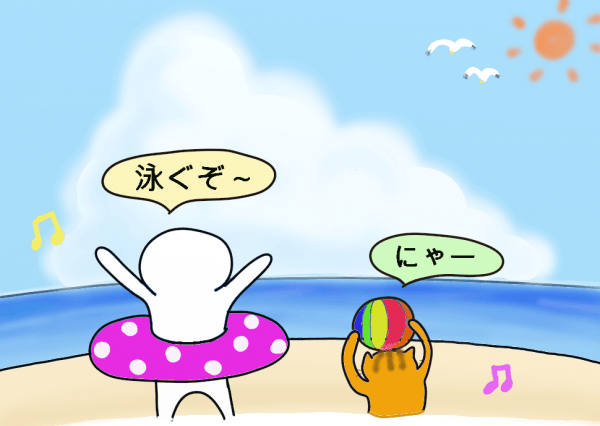It would be better to A

暑い日は泳いだ方がいいよ!
On a hot day, it's better to swim!
22
此の宿題が分からないから、先生に聞いた方がいいかなぁ。
I don't understand this homework, so I wonder if it's better to ask the teacher.
0
18
風邪を治す為に休んだ方がいいよ。
It's good to rest in order for your cold to get better.
0
27
もう一度考えた方がいいです。
It would be better to think it over.
0
29
車に注意した方がいいですよ。
You had better watch out for cars.
0
15
此処に居るから夕食を食べた方が良い。
Since you're here, you had better eat dinner.
0
10
直ぐにやった方が良い。
You had better do it soon.
0
18
此処でお休みに成った方が良いのでは。
It would be better if you took a rest here.
1
10
病院で診て貰った方がいいよ。
You should have that examined at the hospital.
0
8
そろそろ休んだ方がいいと思いますよ。
I think you had better rest soon.
0
4
貴方は理科系の大学に進んだ方がいいよ。
You should go on to a technical college.
0
Getting the sentences
Construction
(Elements in parentheses are optional.)
Basic Examples:
飲んだ方がいい (it would be better to drink)
Where this grammar is found
Grammar usage notes
The いい may also be put int o the past form.
to show an idea that happened in the past.
ex:食べたほうが良かった = would have been better to eat
to show an idea that happened in the past.
ex:食べたほうが良かった = would have been better to eat
Questions/Discussion
Nothing posted yet!